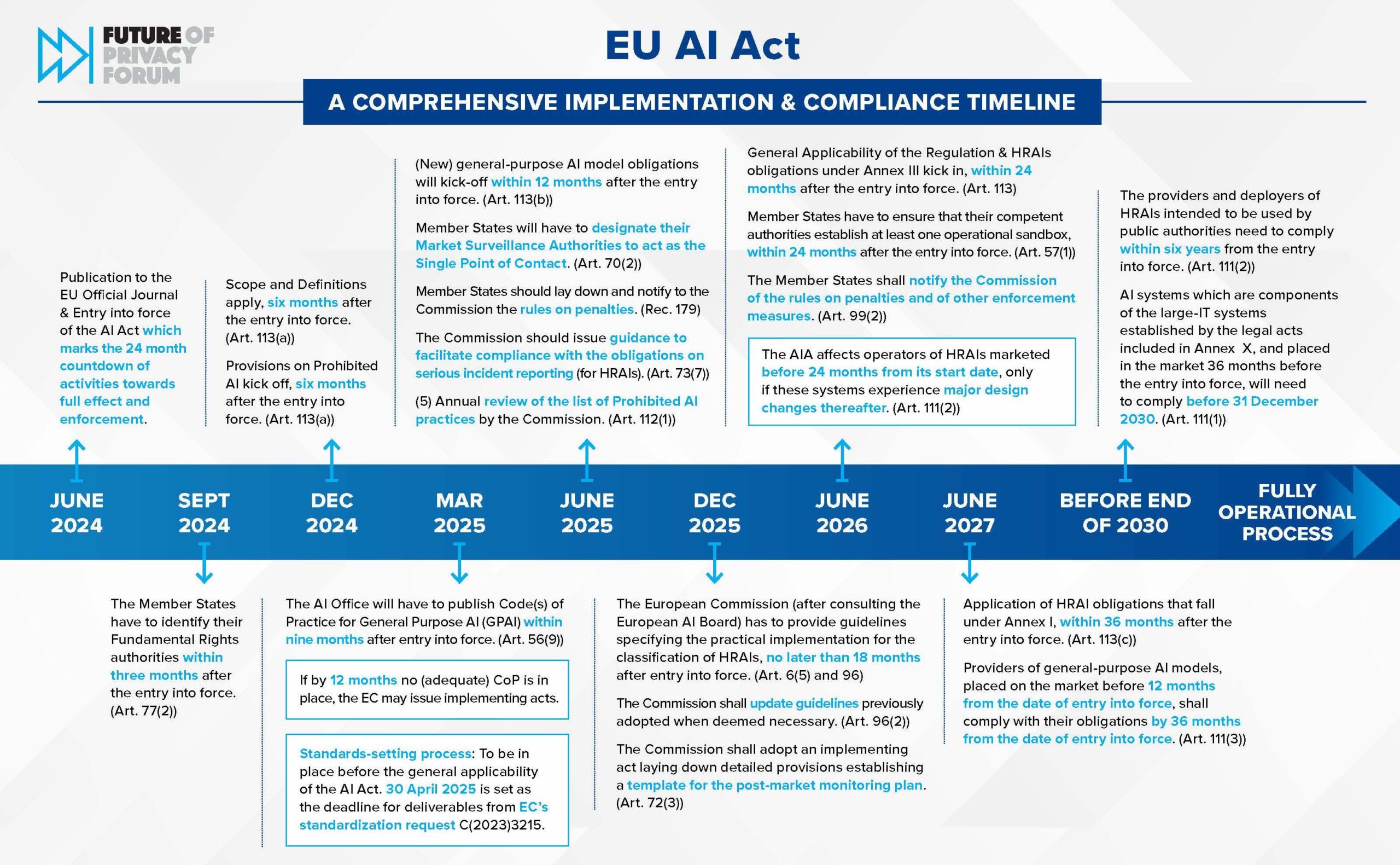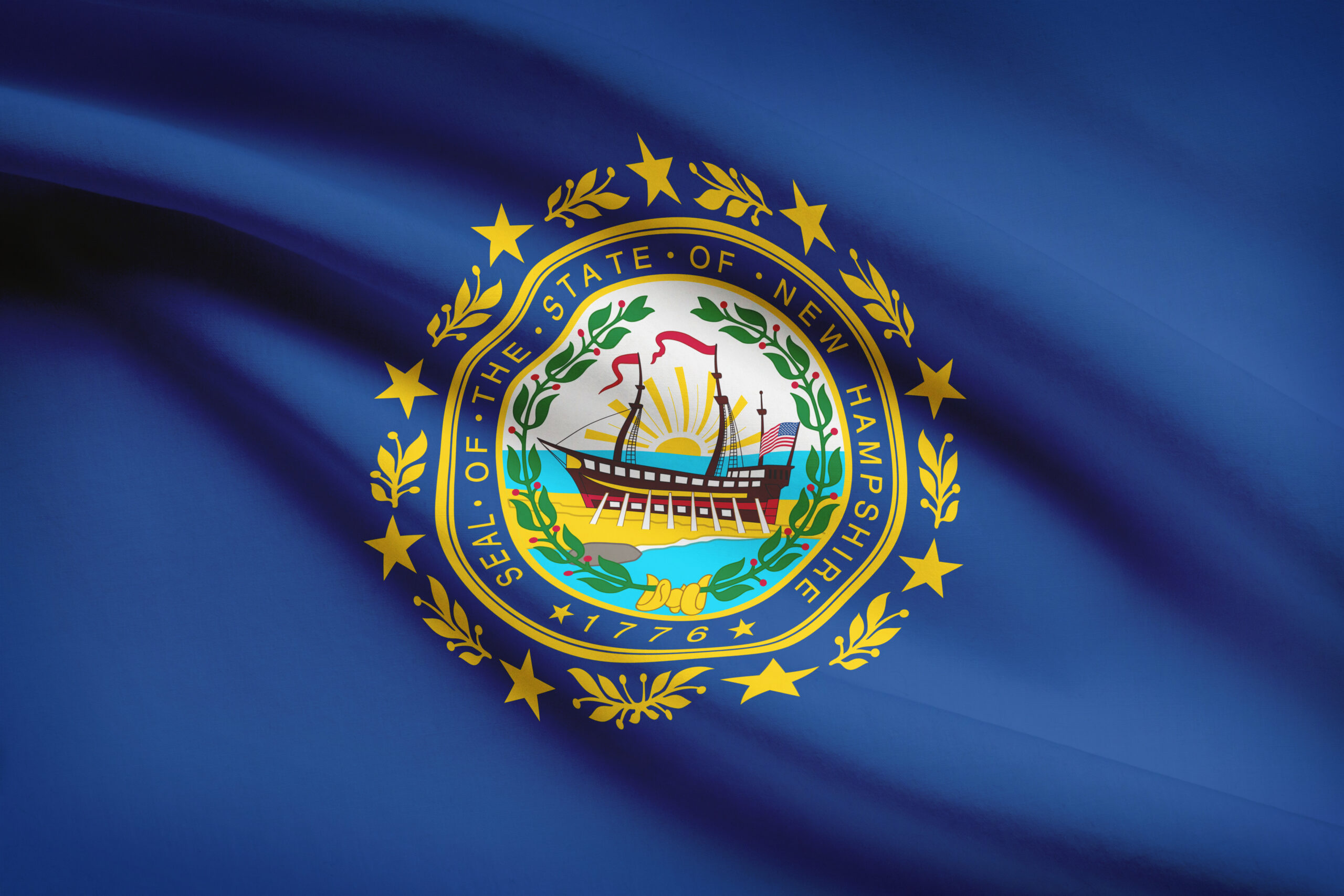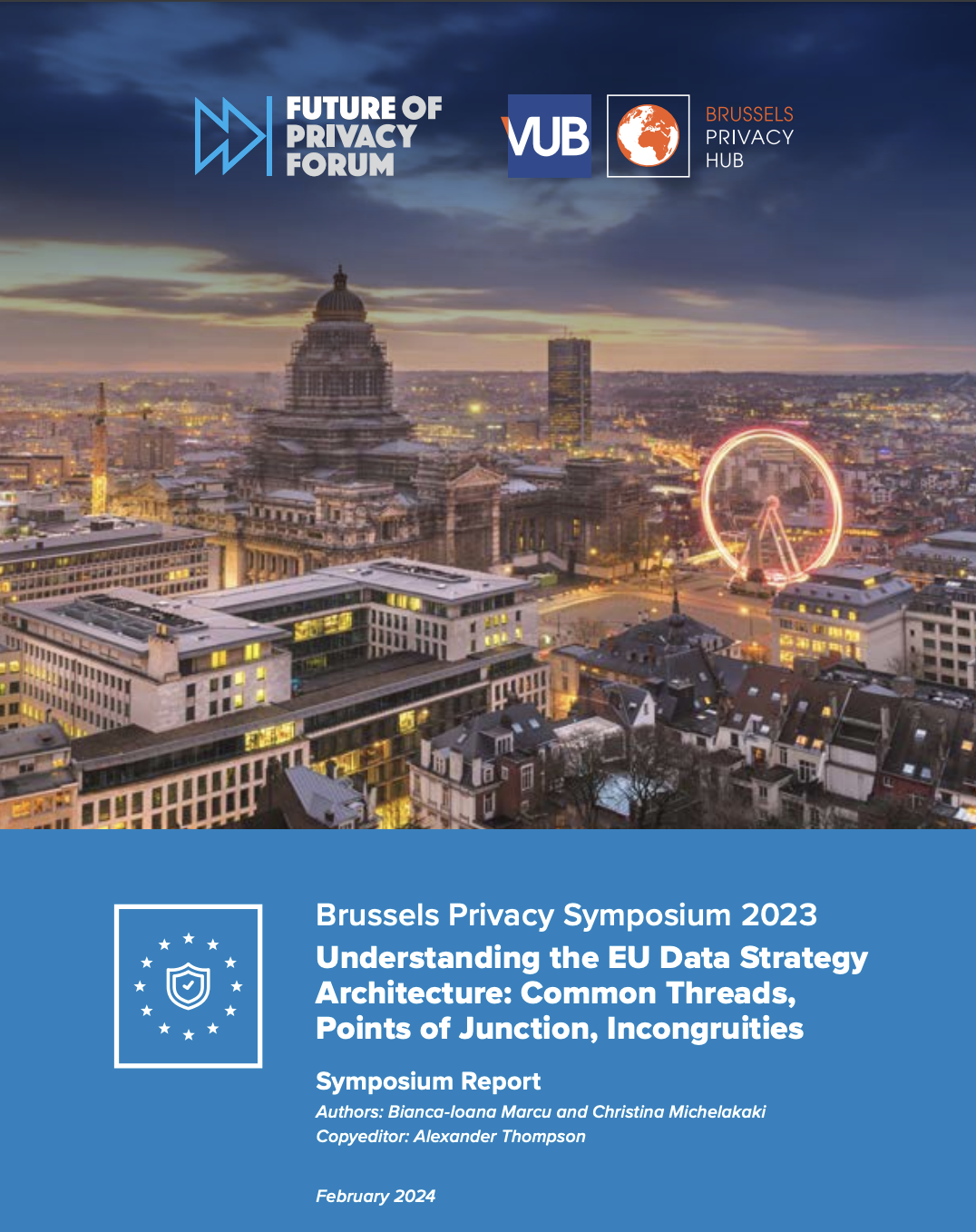
FPF Statement on the adoption of the EU AI Act and New Resource Webpage
“Today the European Union adopted the EU AI Act at the end of a long and intense legislative process. At the Future of Privacy Forum we believe that multistakeholder global approaches and advancing common understanding in the area of AI governance are key to ensuring a future with safe and trustworthy AI, one that protects […]

FPF Resources on the EU AI Act
The EU AI Act is expected to play a crucial role in global development of AI Governance frameworks. We are compiling on this page a continuously updated list of FPF Resources dedicated to the EU AI Act, as well as to its relationship to the EU GDPR and other privacy and data protection law. Last […]

FPF 2024 Privacy Executives Network Events and Meetings
The FPF Annual Advisory Board Meeting – The Annual Meeting is the premier opportunity for Advisory Board members to engage with fellow corporate privacy leaders, leading academics, and members of civil society. More details to come for 2025. The Privacy Executives Summit – This two-day summit will bring together our Privacy Executive members to discuss […]

FPF Files COPPA Comments with the Federal Trade Commission
Today, the Future of Privacy Forum (FPF) filed comments with the Federal Trade Commission (Commission) in response to its request for comment on the Children’s Online Privacy Protection Act (COPPA) proposed rule. Read our comments in full. As technology evolves, so must the regulations designed to protect children online, and FPF commends the Commission’s efforts […]

Little New About Hampshire
On March 6, 2024, Governor Sununu signed SB 255 into law, making New Hampshire the fourteenth U.S. State to adopt a comprehensive privacy law to govern the collection, use, and transfer of personal data. SB 255 is the second comprehensive privacy law enacted in 2024, the first having been New Jersey’s S332, which was also […]

Event Recap: FPF X nasscom Webinar Series – Breaking Down Consent Requirements under India’s DPDPA
Following the enactment of India’s Digital Personal Data Protection Act 2023 (DPDPA), the Future of Privacy Forum (FPF) and nasscom (National Association of Software and Service Companies), India’s largest industry association for the information technology sector, co-hosted a 2-part webinar series focused on the consent-centric regime under the DPDP Act. Spread across two days (November […]

The DNA of Genetic Privacy Legislation: Montana, Tennessee, Texas, and Virginia Enter 2024 with New Genetic Privacy Laws Incorporating FPF’s Best Practices
In 2023, four states enacted new genetic privacy laws regulating direct-to-consumer genetic testing companies. This blog post provides details on what these new laws cover and how they compare to FPF’s widely-adopted Best Practices for Consumer Genetic Testing Services. Genetic privacy has been under increasing scrutiny at the state and federal levels, and regulators are […]

FPF Awarded NSF and DOE Grants to Advance White House Executive Order on Artificial Intelligence
The Future of Privacy Forum (FPF) has been awarded grants by the National Science Foundation (NSF) and the Department of Energy (DOE) to support FPF’s establishment of a Research Coordination Network (RCN) for Privacy-Preserving Data and Analytics. FPF’s work will support the development and deployment of Privacy Enhancing Technologies (PETs) for socially beneficial data sharing […]

Brussels Privacy Symposium 2023 Report
The seventh edition of the Brussels Privacy Symposium, jointly co-organized by the Future of Privacy Forum and the Brussels Privacy Hub, took place at the U-Residence of the Vrije Universiteit Brussel campus on November 14, 2023. The Symposium presented a key opportunity for a global, interdisciplinary convening to discuss one of the most important topics […]

Colorado’s Approval of Global Privacy Control: Implications for Advertisers and Publishers
The privacy laws of both Colorado and California require organizations to recognize Universal Opt-Out Mechanisms (UOOMs), a tool through which a person can invoke their opt out rights broadly across all the websites they visit. While California has required responding to certain UOOMs since July 2021, the Colorado Attorney General has only recently approved their […]
